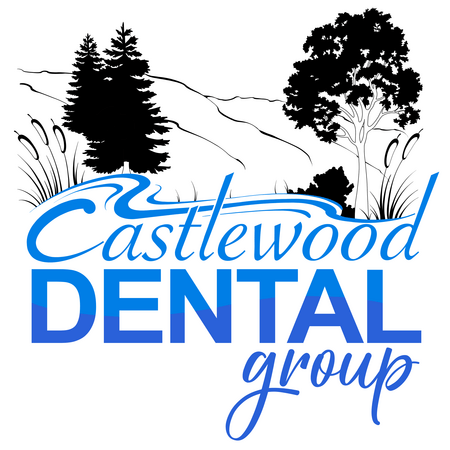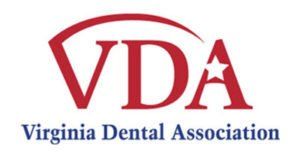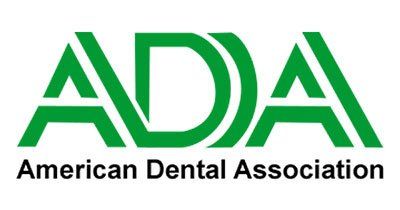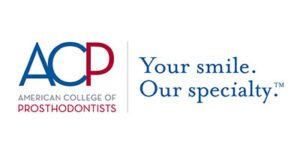Cracked Tooth: What To Know
Teeth cracks are common in dentistry. A cracked tooth could result from biting hard foods such as nuts or hard candy, grinding of teeth, physical injury, abrupt temperature change in the mouth, or a large filling that may weaken the rest of the tooth. It could also result from old age, as older people ( 50 years and above ) are prone to getting teeth cracks. A cracked tooth can range from a craze line in the enamel to a major gap that splits the tooth two ways.
Symptoms of a cracked tooth
Usually, a cracked tooth will not exhibit symptoms. Some cracks are harmless and do not necessitate treatment. However, people with a more extensive type of crack may experience swollen gums around the cracked tooth , pain when biting or chewing, sensitivity with cold or hot drinks, and discomfort when brushing teeth.
Treatment
Treatment of a cracked tooth often depends on the extent of damage and the location of the crack. If the crack is tiny and causes no discomfort, treatment is unnecessary.
Treatment options for cracked teeth include:
- Repairing the crack with plastic resin
- Gluing the broken or chipped parts together
- Using a crown to cover it
- Using a filling
The dentist may opt to remove the tooth or perform a root canal in extreme cases.
Prevention
The best prevention measure is to avoid biting hard foods like ice or nuts. You can also restrain from grinding teeth or biting pens, as well as clenching teeth. Additionally, you can wear a mouth guard to protect your teeth from cracking when playing a sport.
Get your cracked tooth fixed today
If you have been struggling with a tooth crack, we have the right treatment options for you. At South Holston Dental Designs, we are a team of highly trained and skilled dentists. We will offer top-notch restorative procedures using the latest technology to leave you with a beautiful, confident smile. Contact us today for these and more services.
The post Cracked Tooth: What To Know appeared first on South Holston Dental Designs.




